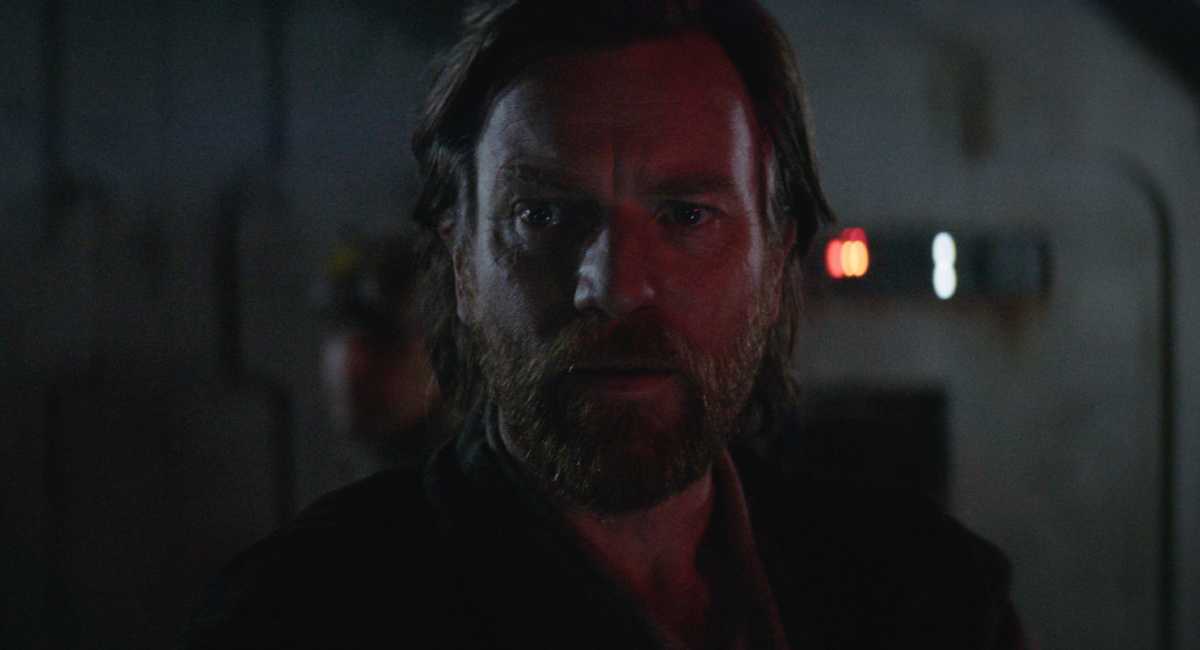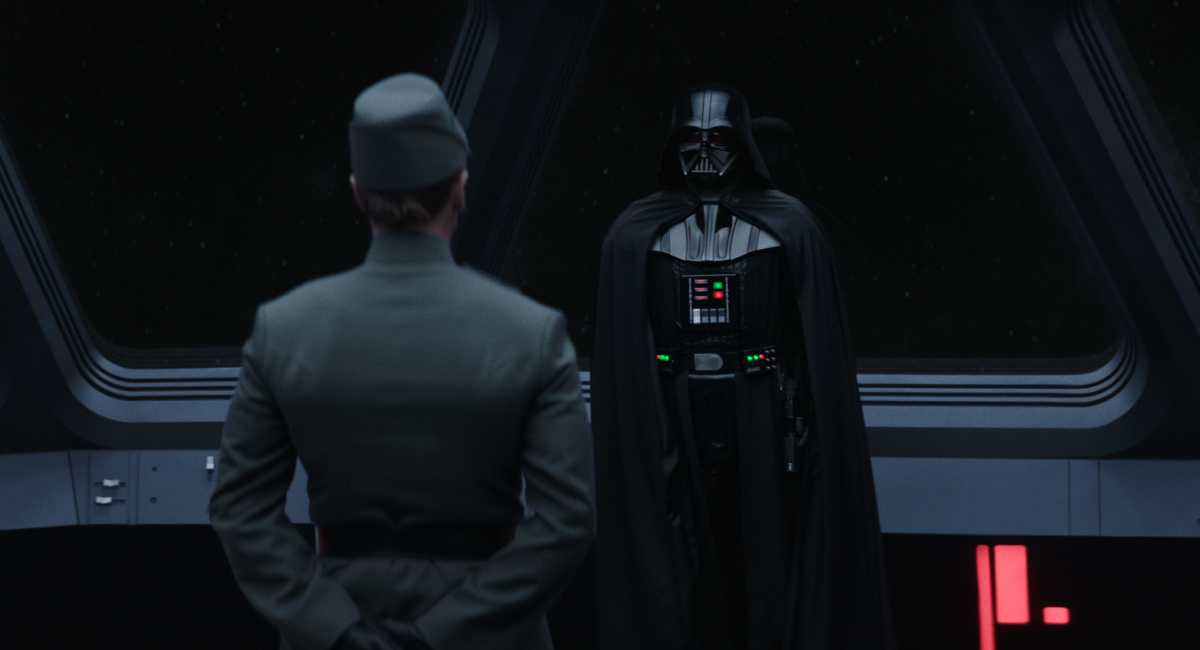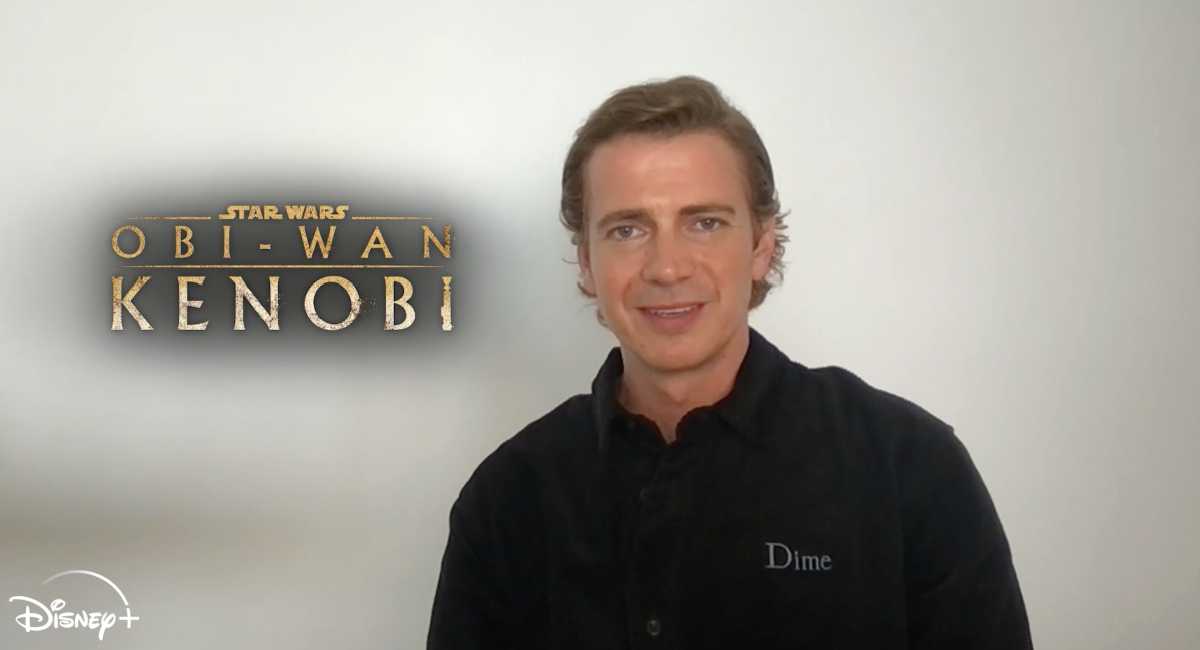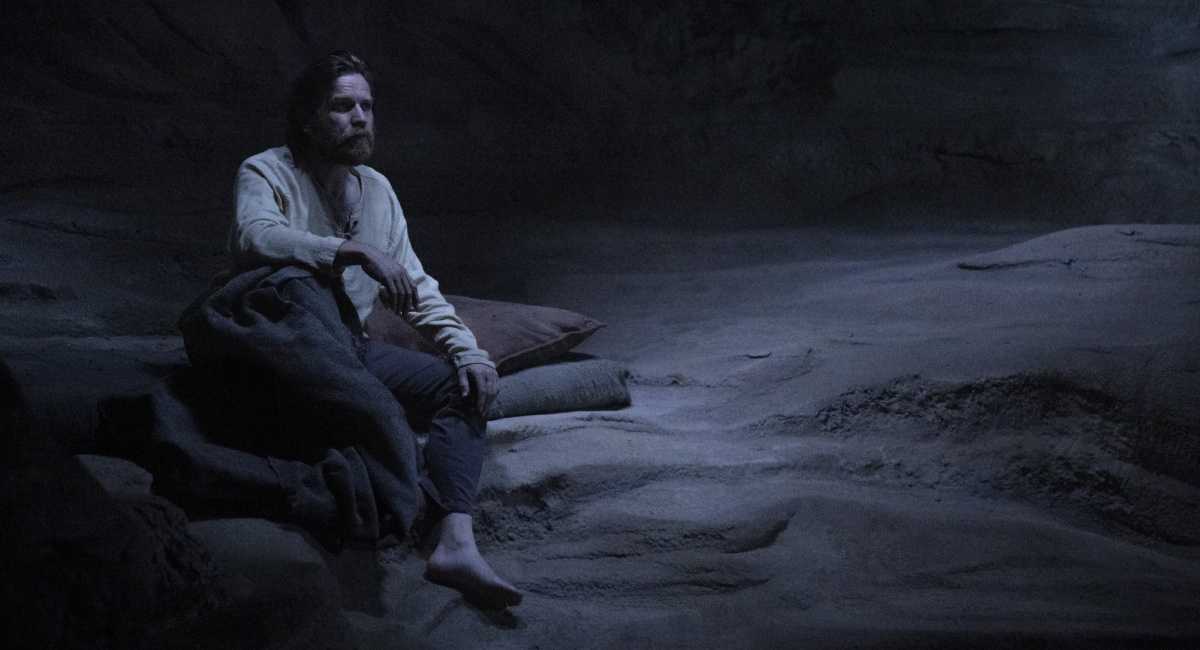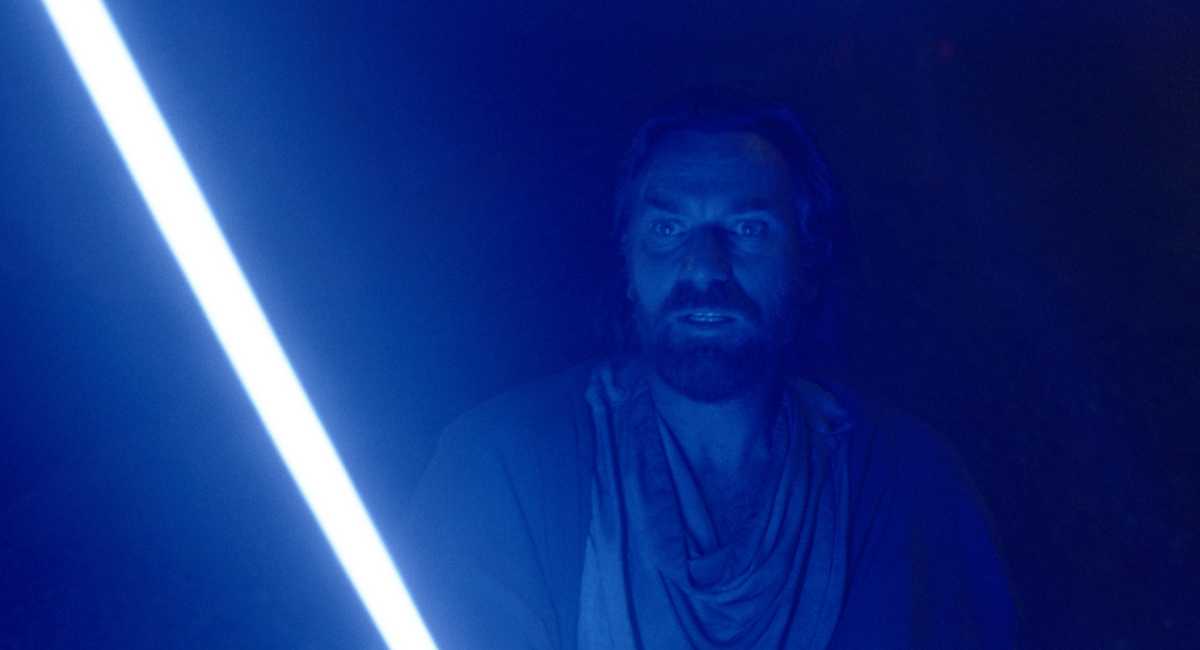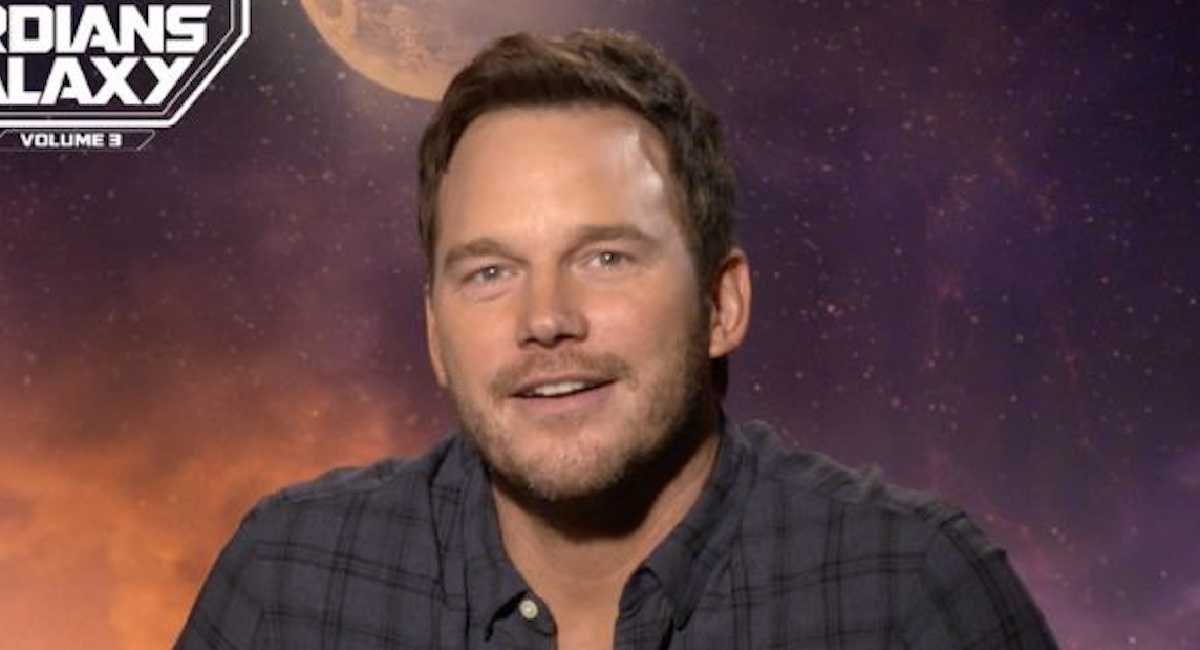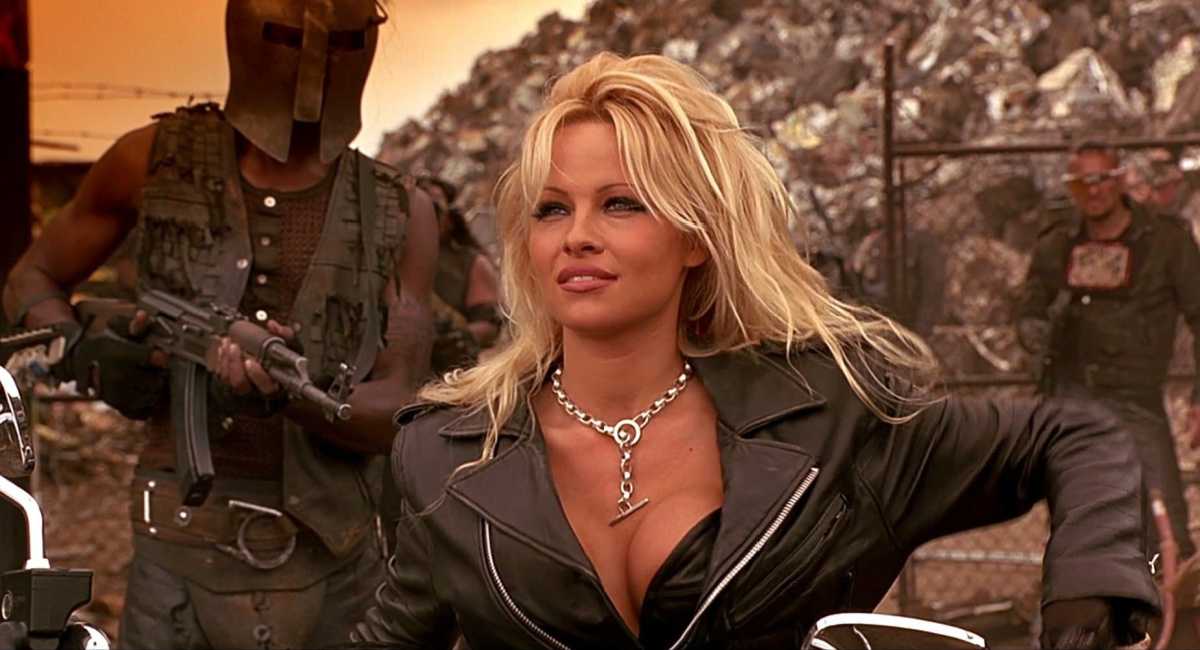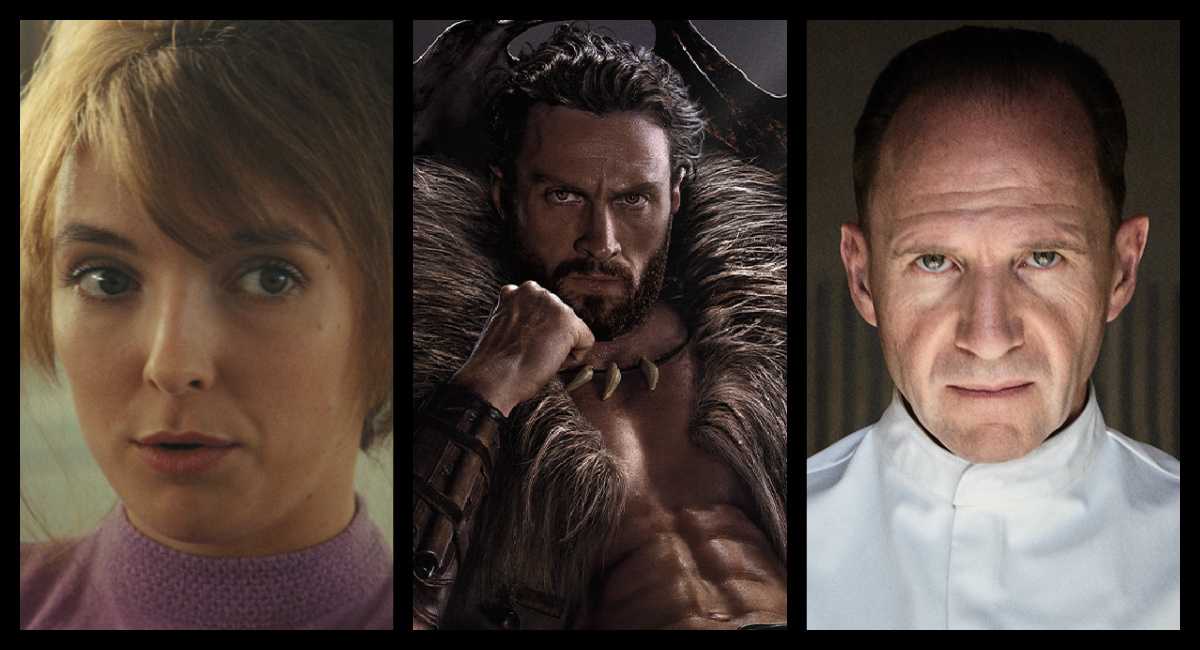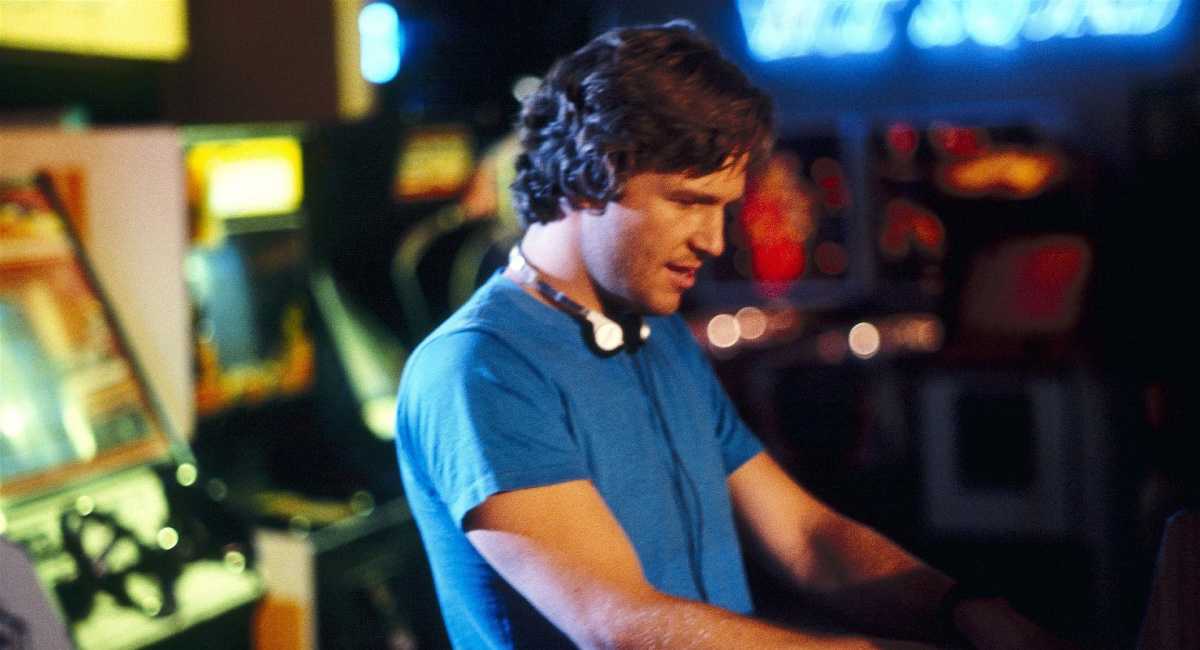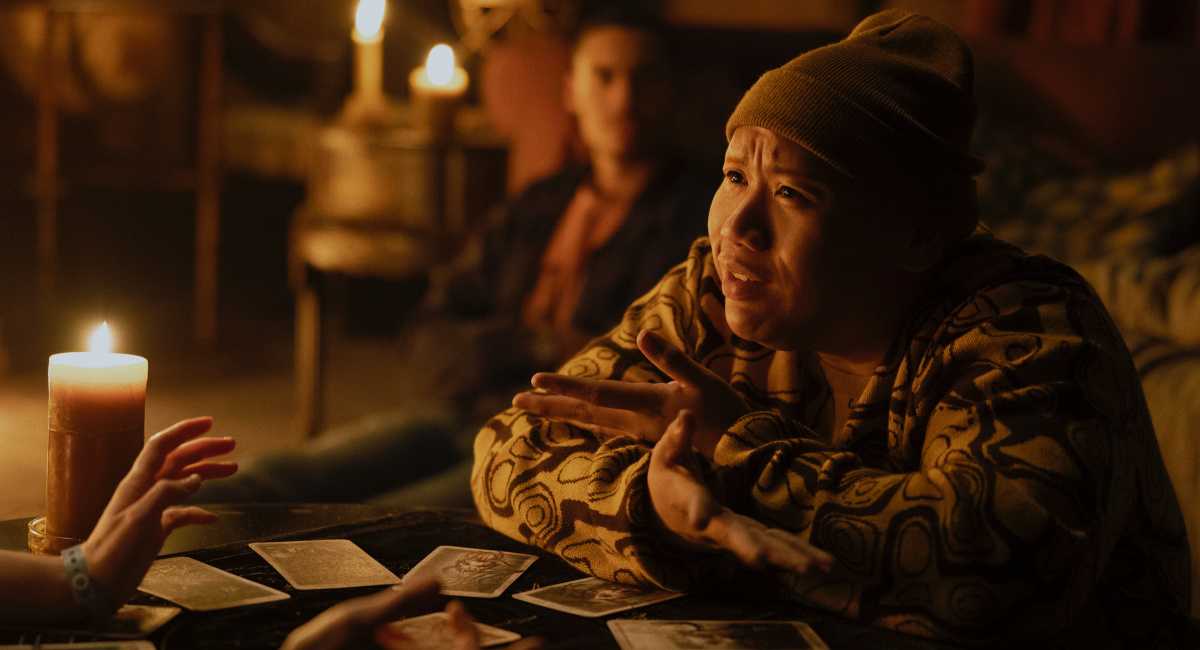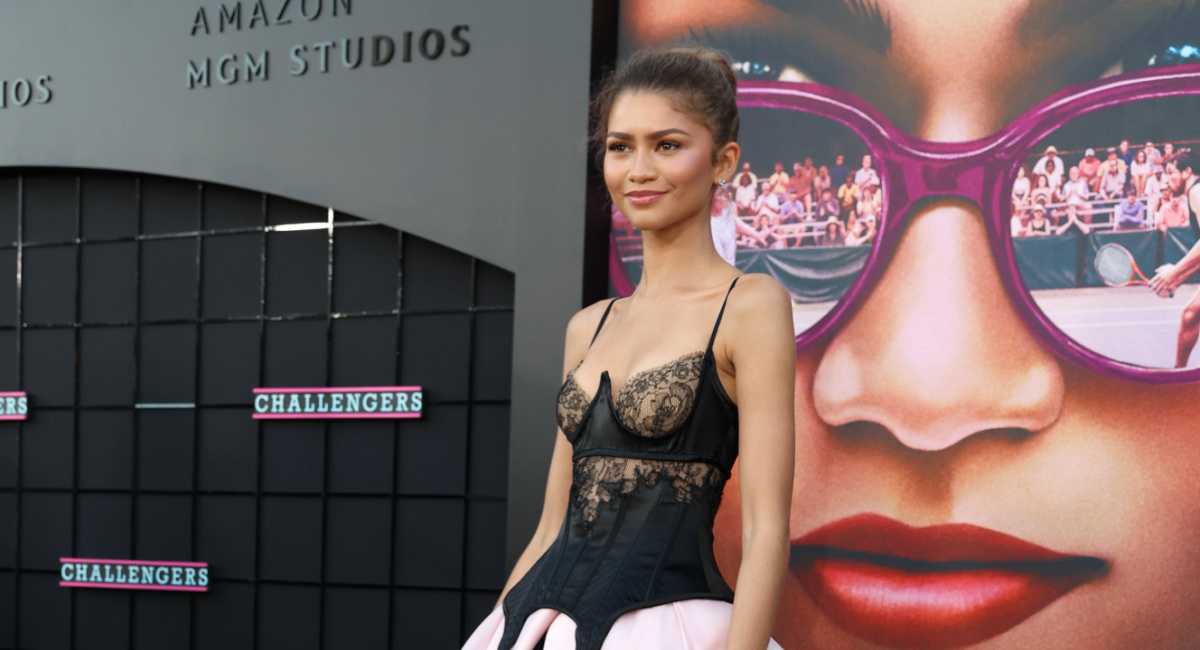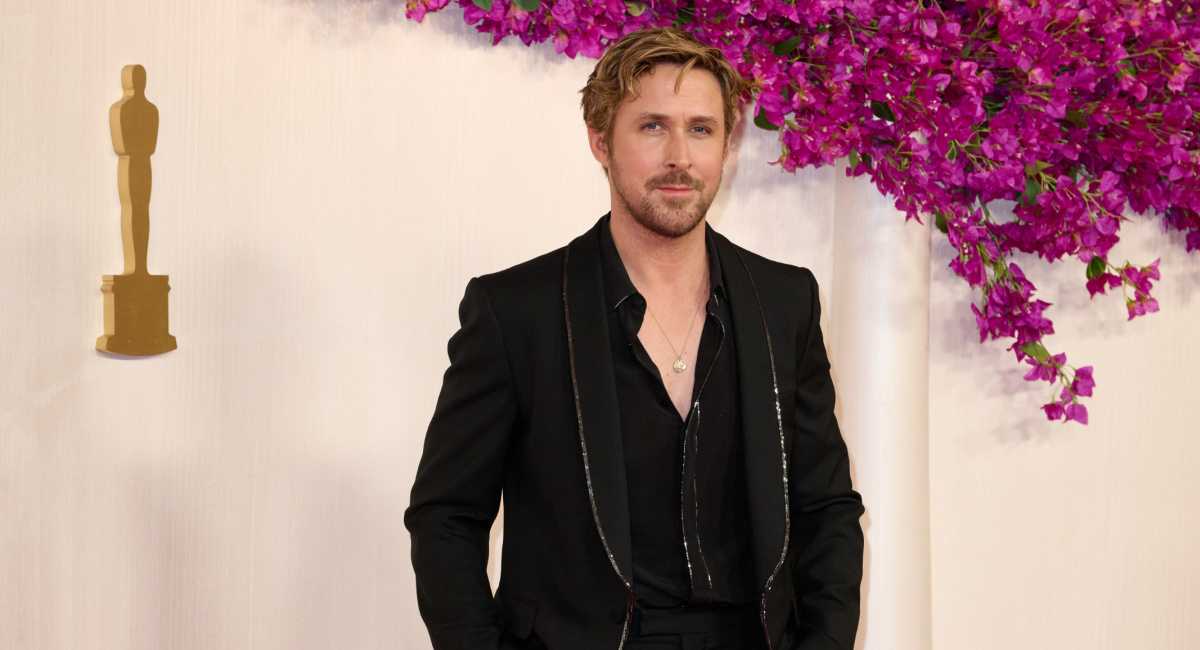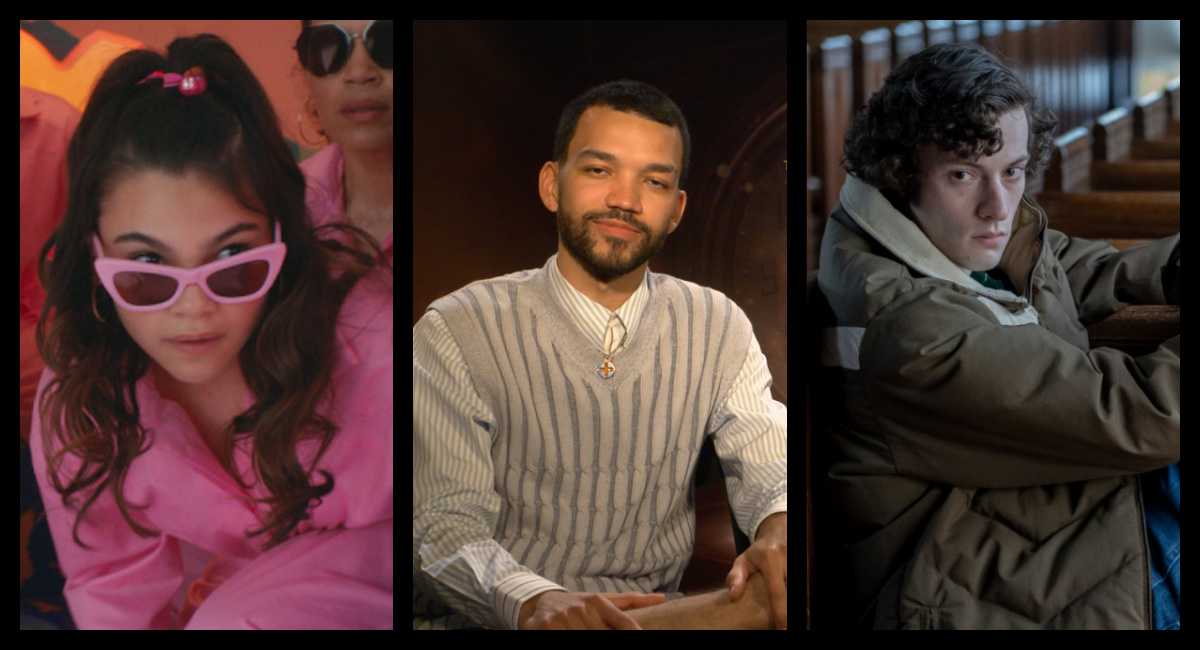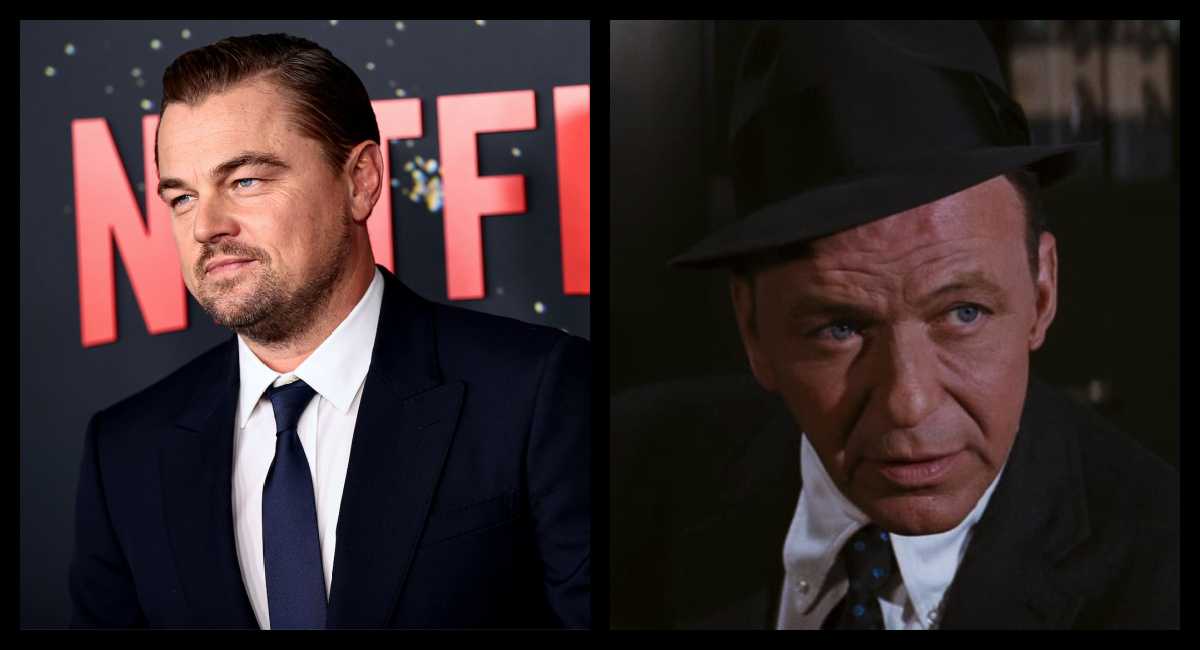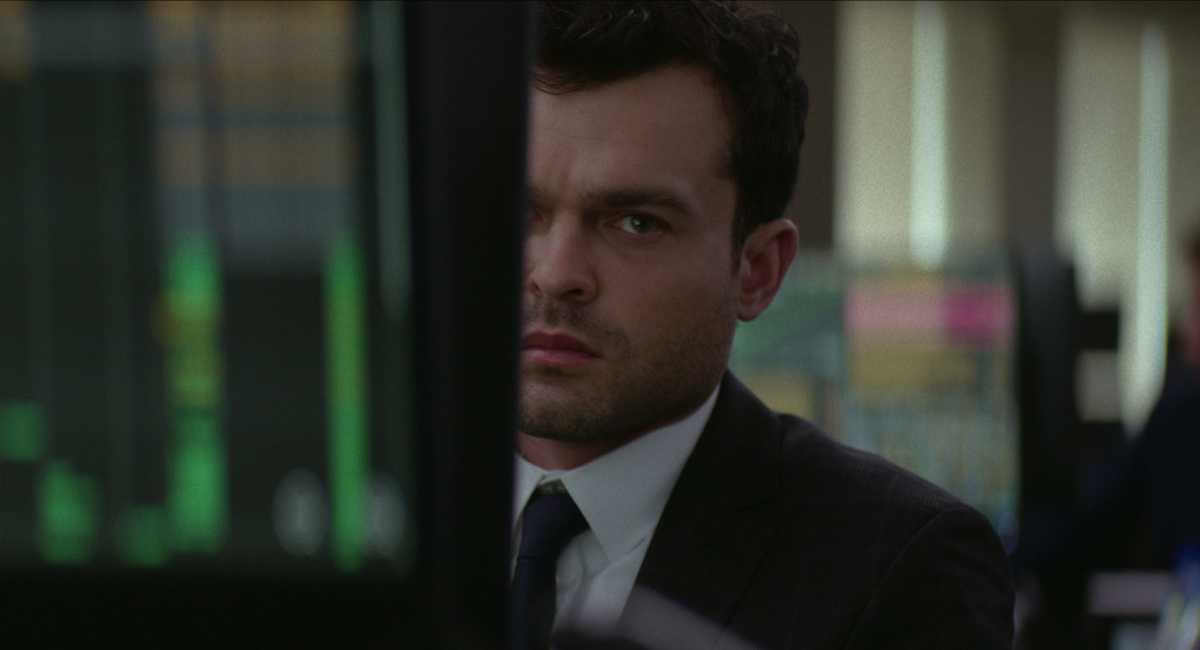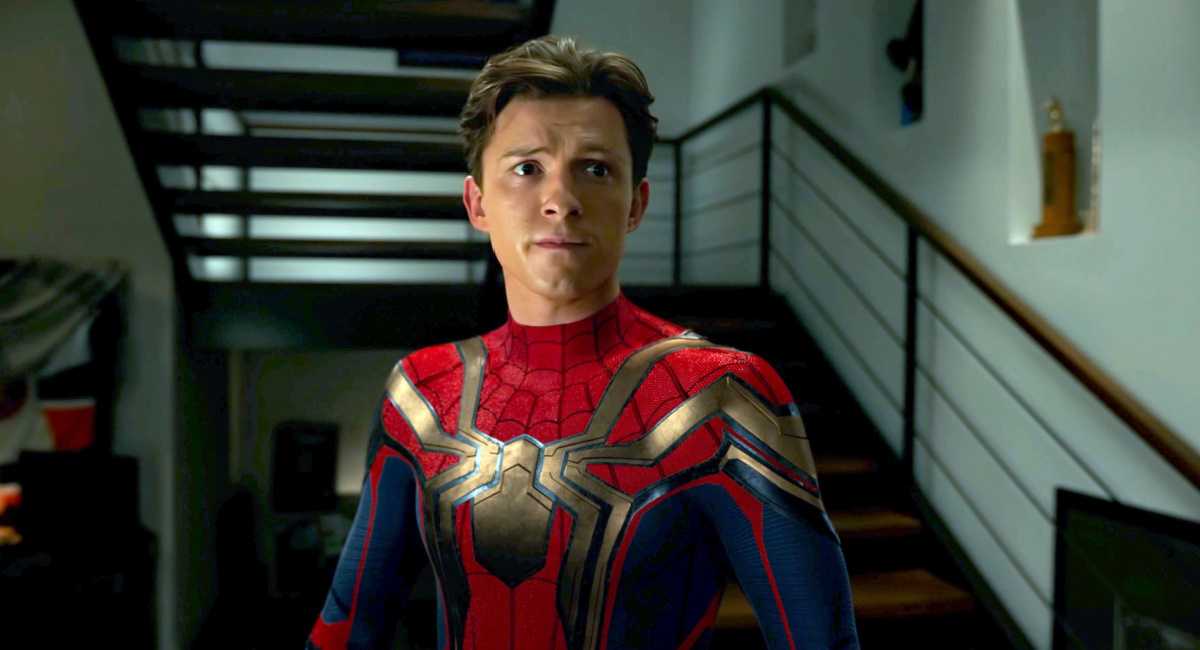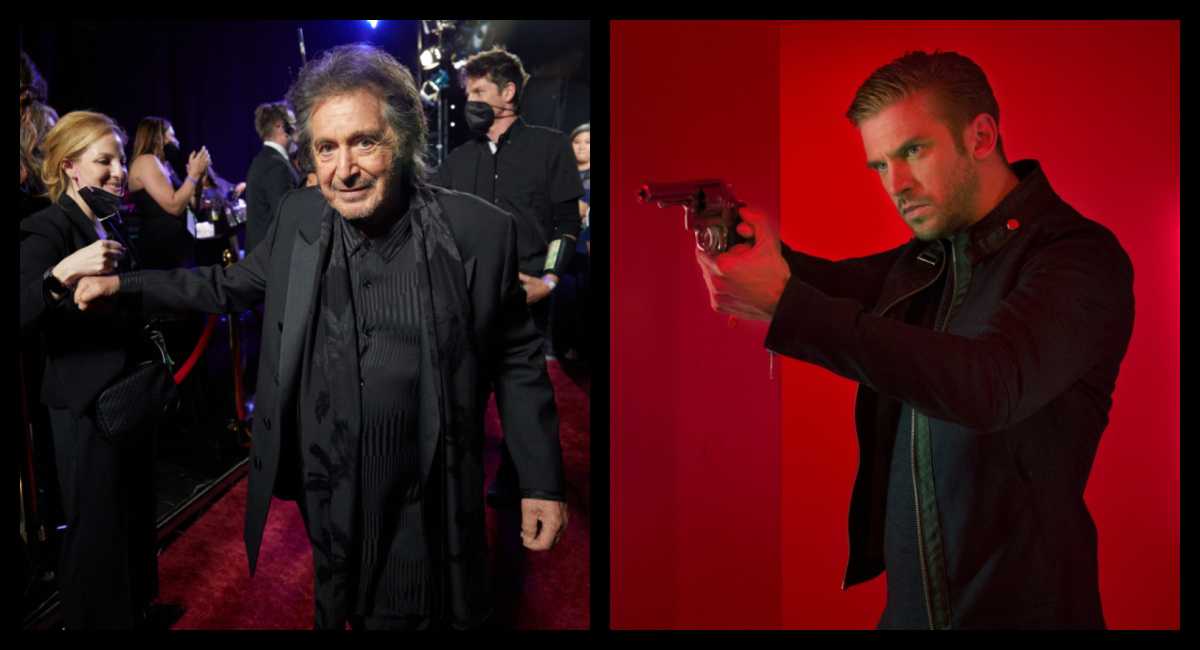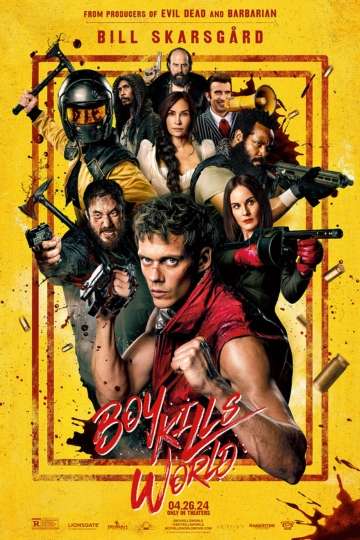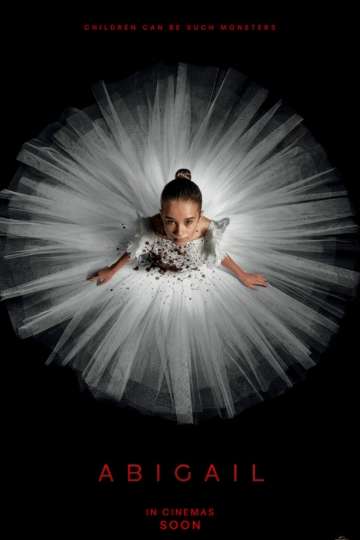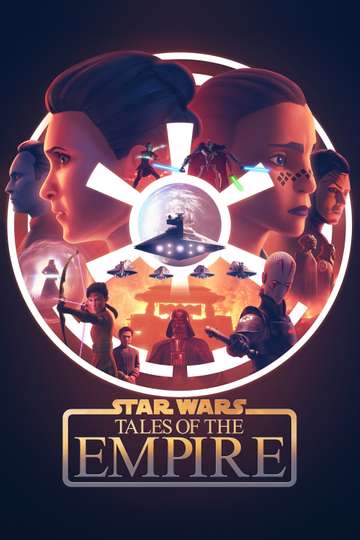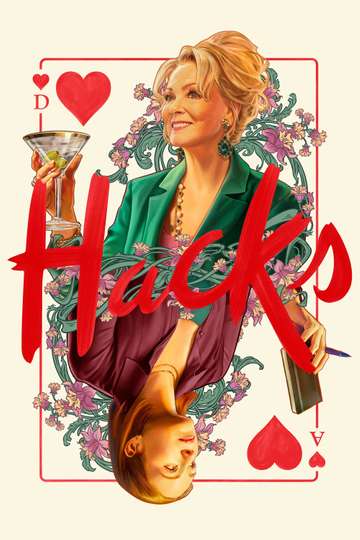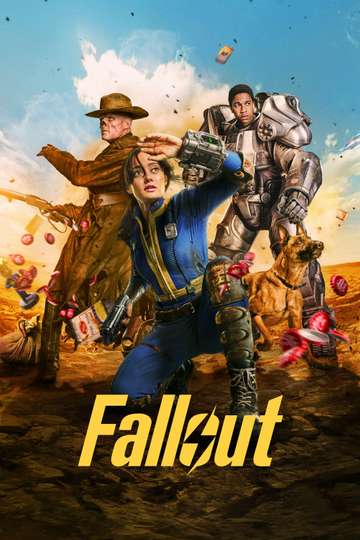'24: Legacy' Star Miranda Otto Is as Big a '24' Fan as You Are
An aspiring First Lady who also knows how to break a confession out of a terrorist cell member? That's the kind of FLOTUS Miranda Otto could get behind.
For "24: Legacy," the Australian actress ("Homeland," "The Lord of the Rings: Return of the King") has taken on the role of Rebecca Ingram, the former head of the shadowy and clandestine Counter Terrorist Unit who now finds herself in the very public political spotlight of her Senator husband's presidential campaign -- just when her valued CTU operative Eric Carter needs her help the most. And, as she tells Moviefone, as much as she's reveling in the intrigue, she's also hoping to see a little "24"-style action, too.
Moviefone: Where did "24" fit in your head, in your life prior to getting involved with the project? Were you a fan of the show? Did you binge the show?
Miranda Otto: Yeah, I binged the show when it first came out. My manager was actually also Kiefer [Sutherland's] manager. So when the show first came out, I was staying with her, and she had it on the TV -- or she had DVDs; I can't remember what the format was then that she had it on, but she had it all there. I think it was somehow on the TV, and I could pull it all up.
I was meant to be studying for auditions, but it was so addictive, I couldn't stop watching it. Then I went out and bought the DVD set to take home to Australia with me to show my friends. I was a big fan!
It was really a turning point of bringing a cinematic style to television.
Yeah, and that was the beginning really of the whole kind of change in television, I think. Like you say, to bring that filmic quality. Also, the format was so compelling and strong. To take on something that was so challenging to write.
You've had your experience with "Homeland." You knew the production team, you knew that territory. What did you want to bring to "24: Legacy" when you got involved in this project? How did you see how you were going to fit in and what you were going to be able to do with the property?
I read the script, and obviously I'd worked with Howard [Gordon] before on "Homeland." I was looking for something else to do after "Homeland," but I didn't want to play a mom. I wanted to play another role that was intelligent and challenging. So when this came along, I liked the script so much. I'd been a fan of the show, but I felt like this script seemed to be very current. It didn't feel like it was the show that was on then. It felt like it was the show of what's happening today in the world of terrorism. It had a fresh, new look at it.
And I was very keen to work in the world of intelligence again, because I found that fascinating and challenging to work in. I just found it intellectually invigorating, and enjoyed that about it. It was great that they'd written a female character who was, or was just leaving, being the head of an intelligence agency, because that doesn't really happen very much in real life. It's men. It's always men. It is kind of the man's world. There are many women who work in it, but there's something very masculine about that world.
So I was interested to see what that would be, and I thought that it was great that they'd set it up that it was that part of her life, but the other part of her life is that she was potentially about to be a First Lady, where traditionally still, as a First Lady, I think you're seen a someone who has to bring this femininity to the White House, and bring female concerns, and what would that transition be like moving from the world of CTU, which is a very masculine world, into a very female role, an iconic female role, for this country? How do you become that? How do you put aside your past and some of the more brutal aspects of your past, and transition into being a female archetype?
It must have been fascinating for you, while making the show, to watch what was happening in the American political system.
Hell yeah! Being from Australia, I've always read about American elections, but I never really, truly understood the election process, because the election process in Australia is very similar to the UK -- it's the Westminster system. It's pretty easy to understand. Your system is, like, so convoluted. It goes on for so long.
I'm fascinated also by how many Americans I would talk to who didn't truly understand the way the system worked. I'd say like, "So who decides who the delegates are? These people have a lot of power." Nobody seemed to know who decided who the delegates were. How do you get to be the delegate?
Yeah, so living here, I thought it was a great chance to actually follow that. But yes, of course, for the show as well -- but whoever was writing that election, they're very complicated writers, those ones!
For your role, to imagine that here's a woman who's worked in the shadowy underworld of operations, to being in the white hot glare of the spotlight and the media -- that has got to be pretty daunting, in some ways, for her to make that shift.
Yes. I think like all those things in life that are huge transitions, you kind of have an idea of it, and I think she has an idea of it. If that happens, if there's a Season 2 and that happens, I think it will be, like I don't think anything can ever prepare you for being at the White House. I don't think anyone could ever tell you. It's like being president. I don't think, as smart and wise as you could be, I don't think anyone could prepare you for what it would be like to be in that job.
You've worked on some pretty epic-sized film productions. Coming to "24," which is the Maserati of television productions --
That's true! It's super fast.
How did it compare? You've been in films where they have all the resources at their disposal, and now so does this show, on a TV scale. Tell me about the comparison between the two. What was surprising getting into the "24" way of shooting things?
It was interesting, on the pilot, Stephen [Hopkins], when he was shooting the show, he very much likes to keep takes going. There isn't a focus on, like on a film, you will more do a wide, and then we're really going to be more in close-up for that. There's a part on films, where you're kind of pulling it apart into sections, and you kind of know as an actor, "Well, the money shot for this will be when we're in close-up. What they're really grabbing from this is the entry into the door."
With this, you never know when they're going to cover what, and you never know, in the way that they cover it, who exactly they're going to be on at what time. So in that way, it's a little more like ... not theater, but it's a little more like you rehearse it, and then they're going to swing around and catch different things. You kind of have to be on your game all the time. It's faster than film, definitely, particularly with this show.
No matter what position somebody's in on this show, there's always the potential for action. How does she feel about the potential for action? She's probably figured that she's seen those days before, and how did you feel about it?
I really like the idea of action. I want to be involved in action, and there will be some stuff in there. I actually really enjoyed that part of it in "Homeland," where it got a bit dirty. I found that really fun to do, so I'm keen for that kind of stuff.
For her, I think there are probably certain parts of action that she'd like to leave behind. I don't think people in the intelligence world ever retire. I think that once you've opened your eyes to that part of the world, and you have that awareness, you can never be unaware. So I think there's a strong allegiance between the people who have worked in it, and I think they're still drawn together and still very much have a lot of friends within that community, and I think they always walk into situations thinking of all the worst things that can happen. Once you become aware, you can't become unaware.
How crazy is it that "24" is coming back right at the time we're having this big national discussion about intelligence?
I know. I have such a respect for the intelligence community and the work that they do. So much of it they can't talk about, so people take it for granted, the work that is done, and the passion, commitment, and devotion that the people within it have to do this work, because it's not financial ...The rewards in it are not financial. They're definitely about service to the country.
Did they bring you one or two people that are similar to her to talk to as you prepared for the role? And did they bring you any women that have been in that world?
When I was on "Homeland," there was a consultant for the show, a guy called John McGaffin, who is retired from the CIA. When I was doing "Homeland," I used to speak to him all the time about the scripts. So he'd read all the scripts, and he would give me advice on stuff. I'd ask him lots of questions. We created a backstory, all of that. And I still speak to him, and I was recently in Washington with Howard, because "Homeland" was winning an award. I met with John, and he connected us for lunch with a number of people in the intelligence community. And there was one particular woman there who was very inspiring.
It was great to hear her perspective -- not as a woman, but her perspective on what's going on today, but to see it from a woman's point of view, just hearing that. Those kind of experiences have been really helpful. That's a very special thing about being an actor, is you get into rooms and meet amazing people that I wouldn't have gotten to meet otherwise. We're very privileged in that way.
Without spoiling anything, are you able to tell me your favorite day on set?
It's so hard! I have favorite scenes, but favorite day on set? It's tricky with spoiling stuff. We're still shooting, and we've still got stuff to go. There was a particular scene with Jimmy [Smits] that I really enjoyed, because I thought it was a really interesting argument, and really at the crux of what the show is about. I was trying to convince him about something that was very personal to him, had really personal repercussions for him. But I was on the side of what the country needs. I found that argument really compelling, and I really enjoyed that scene.
Tell me that moment when you found out Jimmy was going to be your guy.
They were looking for someone for president, and I was thinking, "Gosh, I hope they find somebody who you could believe could be president, who has the charisma, and the weight, and the gravitas to play that." I've seen some presidents in some shows, and I think, I don't really believe that they would have made it all the way through. There have been some actors cast as president who seem to me bland, or wishy-washy, or I just don't believe that they're defined enough as a person. I was thinking, "Who are they going to get? Who are they going to get?"
Then when they mentioned Jimmy, I was like, "Oh my God, he'd be so perfect!" Because he just has that strength of character as a person. He's such a beautiful person to work with. And he's so physically big and has all that strength, but he's very gentle as a person. I could see people voting for Jimmy for president. That's like, "Jimmy, run. Run for president! Please!"


